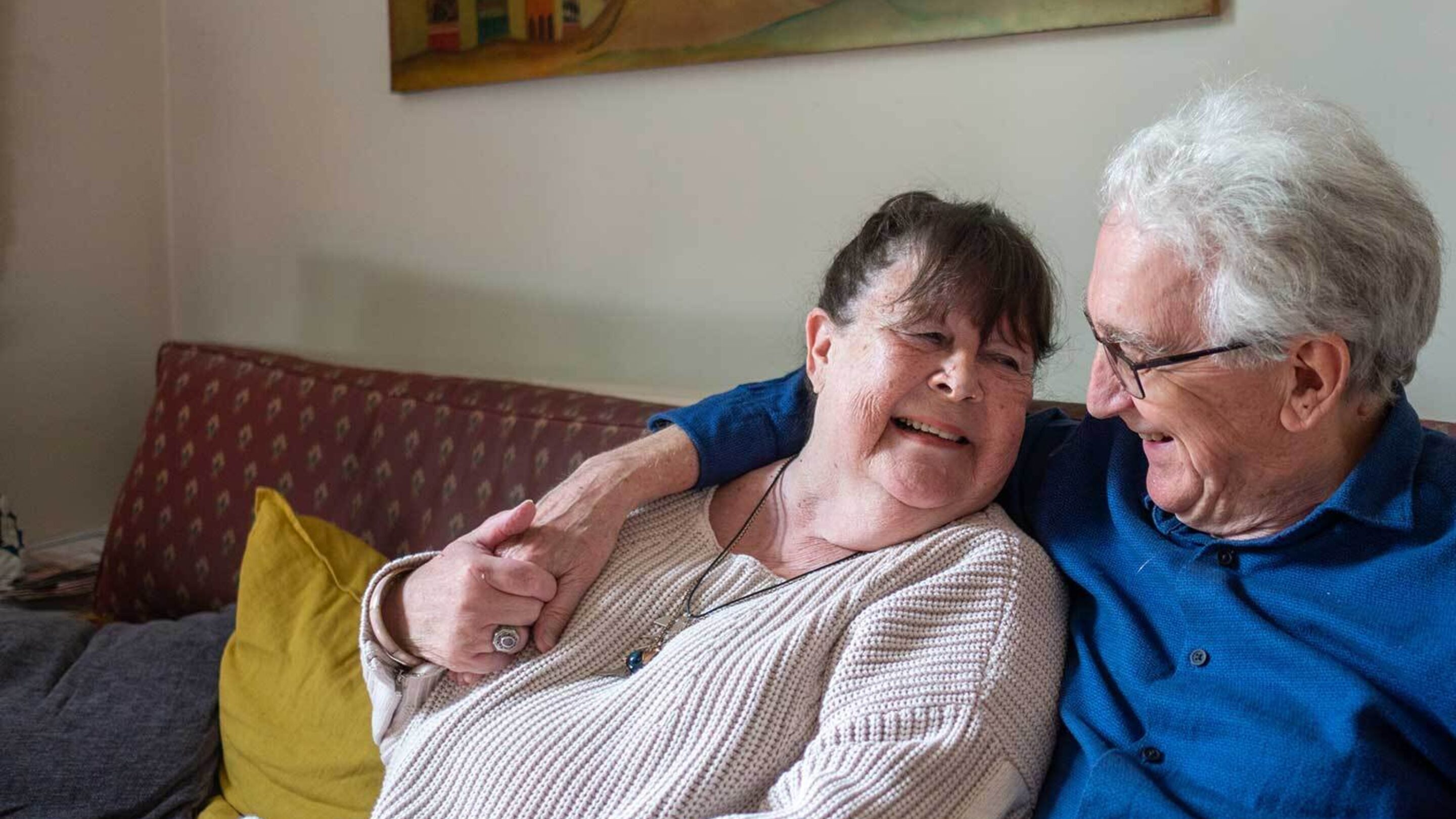The impact on people living with complex needs, and in particular dementia, plus their unpaid carers can be intense and complicated. Older life conditions can cause non-linear deterioration in cognitive and physical health over an extended period and is associated with a range of other health and social needs.
Dementia itself is not a monolithic disease and effects individuals differently. Approximately two thirds of people living with dementia have Alzheimer’s disease, which often co-exists with vascular disease. Service provision has a limited focus however on preferences and needs for independence, often prioritising safety and risk over quality of life. With only 45% of people living with dementia feeling part of their community, good quality services require a fully coordinated approach across communities as well as health and social care bodies and informal networks.
Where local resources are not fit for purpose to address dementia and the range of associated health and social issues it presents, experiences for people living with dementia and their carers are mixed. People can require more services, have between two and four times the number of hospitalisations that are twice as long on average than people without dementia, with earlier entry to residential care systems at a cost of £500 to £800 per week.
Carers can be exposed to significant pressure, often suffering depression and financial hardship. Experiences vary significantly across different demographics. For example, around 60% of people living with dementia are women, and rates of dementia are growing fastest in ethnically diverse populations, but such people are less likely to be diagnosed with and receive support.









